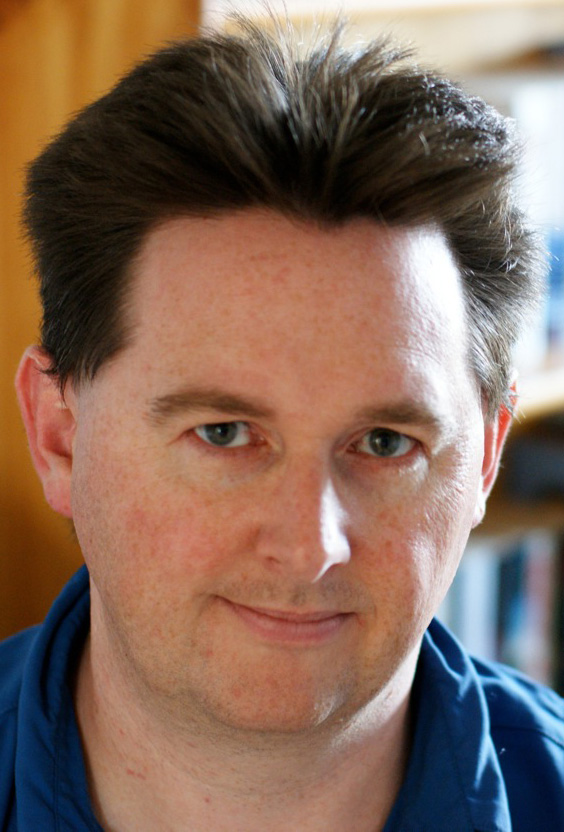'Unlawful' net filter claim referred to AG

A network engineer has taken his complaint about the Federal Government's internet filtering trials being conducted illegally to the Attorney-General's Department after being stonewalled by the Department of Broadband, Communications and the Digital Economy (DBCDE).

Mark Newton(Credit: Supplied)
Network engineer Mark Newton, who has been a vocal opponent of the Federal Government's mandatory internet filter proposal, has been involved in a year-long dialogue with the DBCDE over his claim. It centres on whether the DBCDE, in conducting its filter trials with internet service providers, intercepted customers' internet traffic.
Last week, ZDNet Australia reported that the DBCDE acknowledged it had received and dealt with the claim, but that it didn't believe its filter trials were conducted illegally. The Commonwealth Ombudsman had informed Newton late last year that the department believed he should take his claim to the attorney-general if he wished to pursue the matter further.
Since that time, Newton has held further talks with the DBCDE to gain additional technical information to support his claim.
Newton has now taken one of the recommendations of the department and submitted his complaint to the Attorney-General's Department, which, according to its website, "administers" the Telecommunications (Interception and Access) Act 1979.
The Attorney-General's Department yesterday confirmed that it had received correspondence on the matter from Newton last Friday. It said, however, that it did not have an "investigatory role" when it came to discovering whether the Act had been breached. That role belonged the Australian Federal Police (AFP).
"While a specific time cannot be given, the department will reply to Mr Newton shortly," the Attorney-General's Department said.
The AFP said in a statement that "any private person, organisation or government department may refer an allegation to the AFP". Referrals are assessed against criteria in the AFP's "Case Categorisation and Prioritisation Model", it said.
Newton hopes his referral of the matter to the Attorney-General's Department will see it investigated further. "What I'd like to see is for the attorney-general to refer the matter to an investigation by law enforcement," he said.
"When Senator Conroy brought up Google's Street View conduct with the attorney-general, the result was a referral to the AFP. I think it's reasonable that the AFP should be able to determine whether DBCDE has breached exactly the same law."